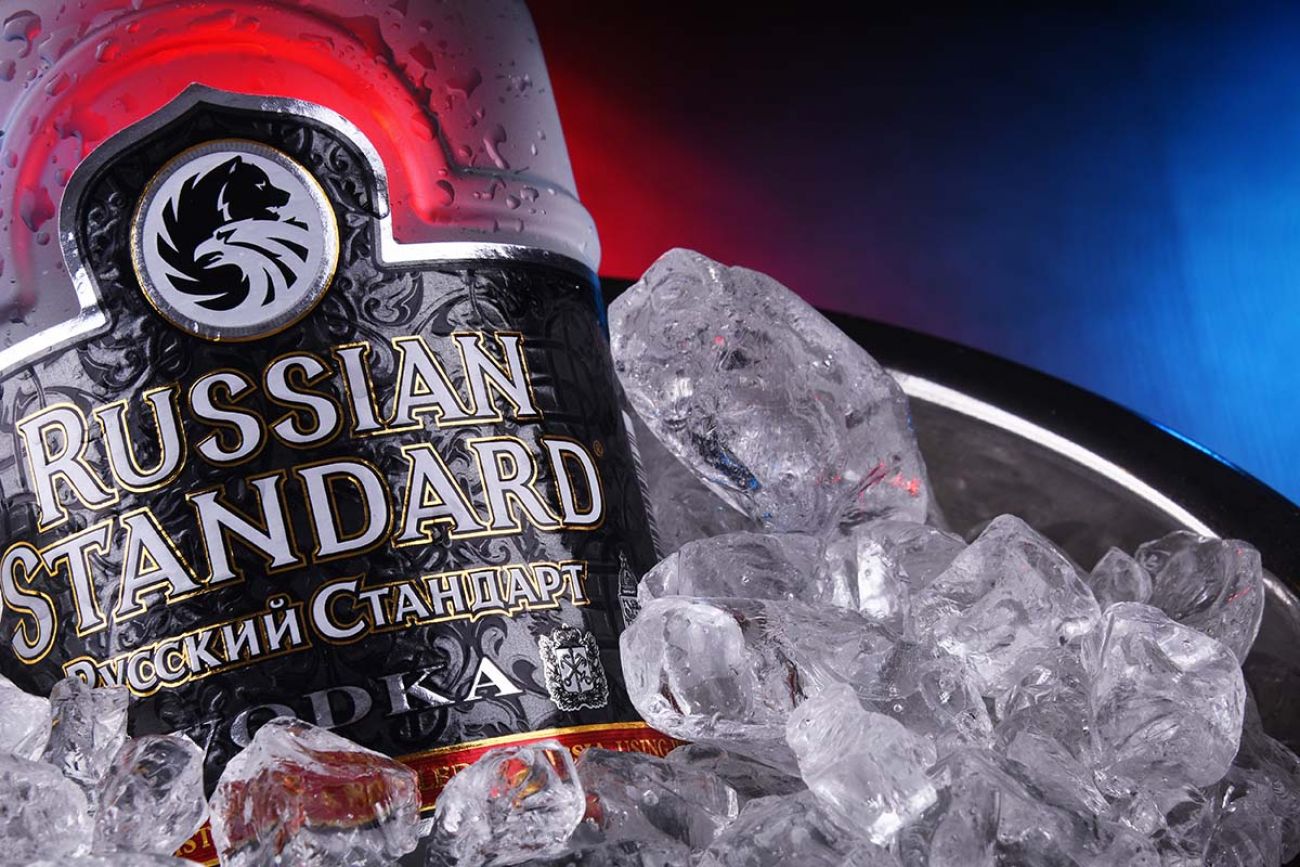Gov. Whitmer, lawmakers seek to cut Michigan’s financial ties with Russia

LANSING — Michigan lawmakers and Gov. Gretchen Whitmer are taking steps to divest from Russia during its attacks on Ukraine.
The Michigan Investment Board, which oversees state investments, on March 9 will review Whitmer’s request to divest the state’s pension plans from Russia, while the state treasurer will do the same with trust funds.
Lawmakers are also calling for the Michigan Liquor Control Commission to stop purchasing Russian-made alcohol and for Russia to be placed in Michigan’s Divestment from Terror Act.
Related:
- Michigan Republicans to Whitmer: We dare you to veto income tax cuts
- Michigan Republicans win primaries after echoing false vote fraud claims
- Gov. Whitmer: ‘Use all available resources’ to fix Michigan potholes
This comes as several states are severing or reconsidering financial ties to Russia. Connecticut is divesting pension investments, while Iowa, North Carolina, Virginia and Ohio are among the states moving to stop the wholesale purchase of Russian vodka.
A spokesperson for the state Treasury said the state’s retirement systems have limited holdings associated with Russian companies, totaling about 0.06 percent of the overall portfolio. The Office of Retirement Services manages $73.3 billion in assets and is responsible for the 18th largest pension system in the United States.
According to the Treasury, such holdings are managed by external financial managers and are primarily invested in international stocks and funds. External managers buy and hold such funds so the state’s retirement system is not the direct owner of the holdings.
In a Tuesday letter to Treasurer Rachael Eubanks, Whitmer wrote that Michigan supports sanctions against Russia for invading Ukraine.
“These heinous attacks are aimed at overthrowing Ukraine’s democratic government and violate international law,” wrote Whitmer, a first-term Democrat.
“As the situation in Ukraine progresses, I will continue to stay in touch with top leaders in the federal government on behalf of Michiganders. Michiganders may feel concerned about the impacts this situation will have on Michigan’s economy.”
Whitmer noted she will monitor any potential disruptions to Michigan’s supply chains and prices to “protect Michiganders’ pockets and put Michiganders first.”
It’s uncertain how much state money is tied to Russia, state Rep. Darrin Camilleri, D-Trenton, told Bridge Michigan on Wednesday. Camilleri introduced legislation on Tuesday that would add Russia to the list of countries in Michigan’s Divestment from Terror Act.
Michigan law prohibits the investment of state money in companies designated as state sponsors of terror by the United States Secretary. Countries included in the act are Cuba, Iran, North Korea and Syria.
Adding Russia would immediately stop any state money and assets from companies with financial connections to Russia and prevent future investments.
“We don’t fully know the impacts because it depends on the types of investments we have in Russia, but I think the point is that we want to spend our money in this moment defending the Ukrainian people,” Camilleri said. “There isn’t a lot that the state of Michigan can do in an international crisis, but this is one of the tools we have.”
Elsewhere, Michigan liquor stores and bars have posted online that they will no longer purchase alcohol from Russian companies.
Bob’s Bar in Grand Rapids on Feb. 24 posted on Facebook that it will no longer sell Russian vodka. The franchise Total Wine & More, which has stores in several Michigan cities such as Grand Rapids and Ann Arbor, removed Russian products from its shelves this week.
“We are ceasing the purchase and sale of Russian-made products in order to protest Russia's invasion of Ukraine, and to stand in solidarity with the people of Ukraine,” said Edward Cooper, a spokesperson for Total Wine & More.
State Rep. Jeff Yaroch, R-Richmond, is calling on Whitmer to direct the Michigan Liquor Control Commission to stop buying Russian-made alcohol. He chairs a House subcommittee overseeing the Department of Licensing and Regulatory Affairs, which buys and regulates wholesale alcohol that stores and bars stock.
“We all should do our part to push back on the Russian war machine,” Yaroch told Bridge on Thursday. “We want to be swift about this.”
CNN has reported that Russian-made vodka accounts for less than 1 percent of the $7 billion in annual vodka sales nationwide.
See what new members are saying about why they donated to Bridge Michigan:
- “In order for this information to be accurate and unbiased it must be underwritten by its readers, not by special interests.” - Larry S.
- “Not many other media sources report on the topics Bridge does.” - Susan B.
- “Your journalism is outstanding and rare these days.” - Mark S.
If you want to ensure the future of nonpartisan, nonprofit Michigan journalism, please become a member today. You, too, will be asked why you donated and maybe we'll feature your quote next time!




